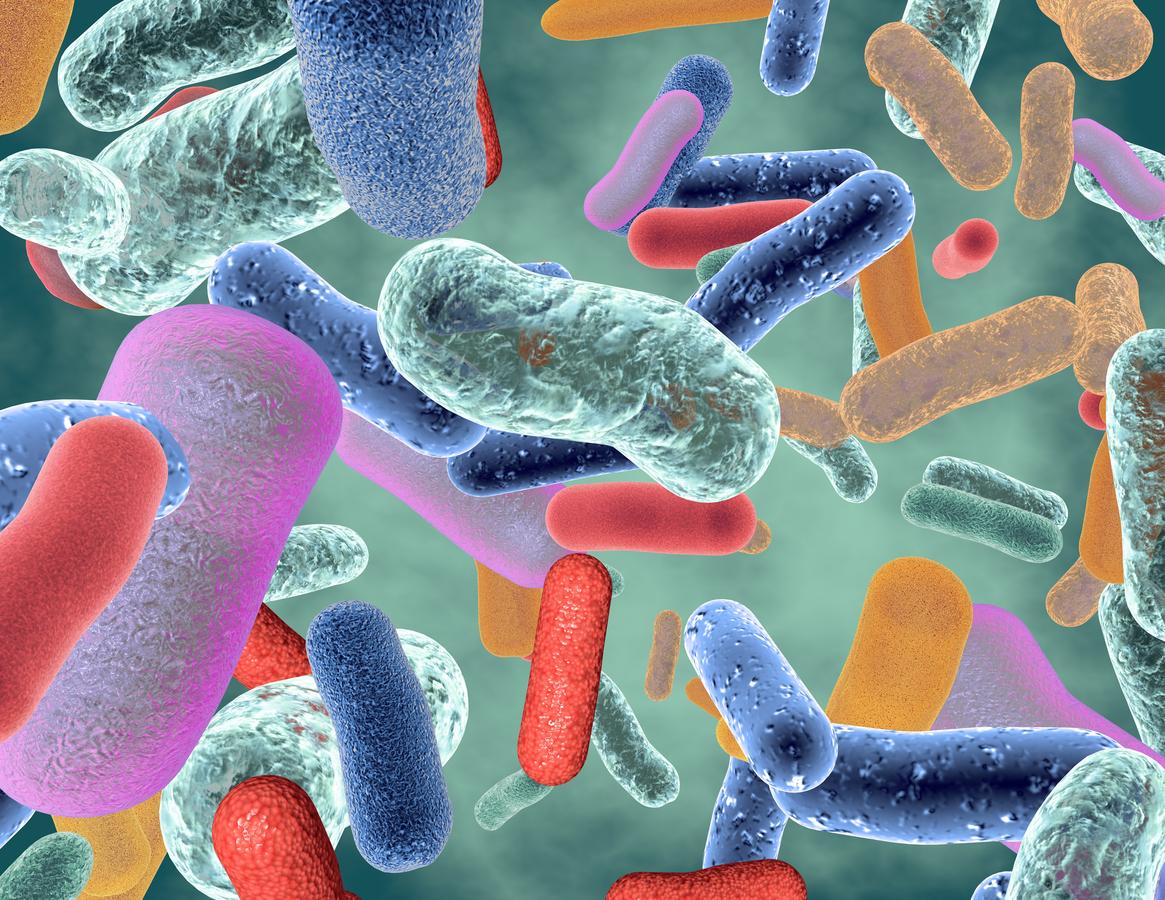Each year, 225,000 people are diagnosed with Alzheimer’s, it is the leading cause of heavy dependency in the elderly. The very origin of the disease is still unknown to date, but considerable progress has been made in recent decades in understanding the molecular mechanisms involved and in the progression of damage to the heart of the brain. Two types of lesions are observed in the brain of patients:
- of the amyloid plaques made up of beta-amyloid peptide aggregates between neurons. These plaques block the transfer of signals between neurons, eventually leading to cell death.
- neurofibrillary degeneration, i.e. the accumulation, in the form of fibres, inside the neurons, of another protein in an abnormal form, the tau protein. These tangles prevent nutrients from reaching the neurons, again leading to cell death.
The link between intestinal microbiota and Alzheimer’s disease has been studied for several years. Researchers had in fact discovered that in people with Alzheimer’s disease, the profile of the microbiota seemed to be altered, with reduced microbial diversity. Moreover, a study published in the medical journal Neurobiology of Aging had shown that Alzheimer’s patients have a high level of intestinal inflammatory bacteria. However, proteins produced by these bacteria and identified in the blood of people affected, could well modify the interaction between the immune system and the nervous system.
It’s this hypothesis that this new study sought to explore: could blood inflammation be a mediator between the microbiota and the brain?
Blood carries elements of the microbiota to the brain
The researchers studied a cohort of 89 people aged 65 to 85, some of whom had Alzheimer’s disease or other neurodegenerative diseases causing similar memory problems, and others who had no memory impairment.
“We have, by PET imaging, measured their amyloid deposition, then quantified the presence in their blood of various markers of inflammation and proteins produced by intestinal bacteria, relates Moira Marizzoni, first author of the work, published on November 10 in the Journal of Alzheimer’s Disease. Our results are clear: certain bacterial products of the intestinal microbiota are correlated with the amount of amyloid plaques in the brain, and this, through the blood system, which transports certain proteins from bacteria to the brain.”
Next goal: identify the bacteria involved in the hope of identifying therapeutic strategies based on modulating the microbiota of people at risk. The administration of a bacterial cocktail or prebiotics is envisaged by the researchers, who nevertheless remain cautious. According to them, these therapies could be effective on condition of very early detection, therefore more in preventive than curative treatment.
Sources:
- Foundation for Medical Research
- Neurobiology of Aging, September 2016
- Journal of Alzheimer’s DiseaseNovember 2020
Read also :
- In Europe and the United States, Alzheimer’s disease is on the decline
- Alzheimer’s disease does not always start with memory lapses
- Alzheimer’s: a quiz to test your knowledge of the disease
- Alzheimer’s disease: a new warning sign
- Loss of orientation, a sign of Alzheimer’s disease

















